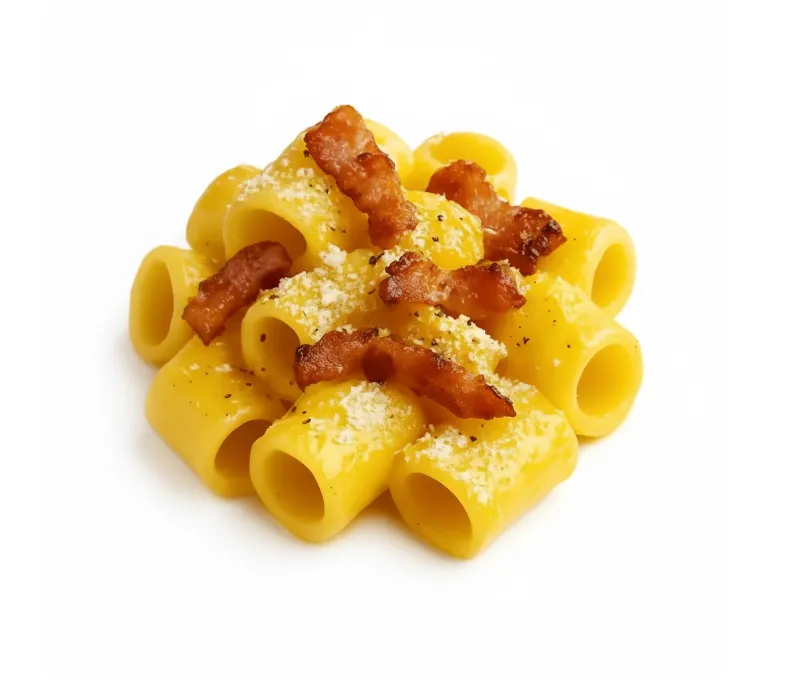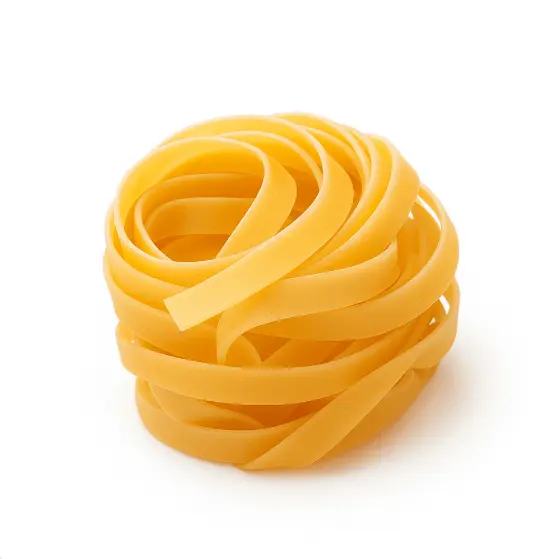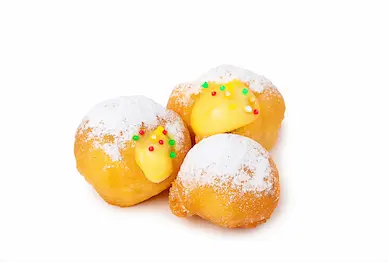 Indirect object pronouns
Indirect object pronouns
Lesson twenty-six


Lesson twenty-five
Object pronouns are used to replace someone or something that has already been mentioned. In English, these are me, you, him, her, etc. In this guide, you'll learn their Italian equivalents and how to use them correctly.
These are called direct object pronouns because they receive the action of the verb directly. Here is a list of them in Italian:
| Italian | English |
|---|---|
| mi | me |
| ti | you |
| lo | him/it |
| la | her/it |
| ci | us |
| vi | you |
| li | them (masculine) |
| le | them (feminine) |
Ti amo
I love you
Io la amo
I love her
Non vedo Giorgio
I don’t see Giorgio
Non lo vedo
I don’t see him
Ho conosciuto Elena due anni fa
I met Elena two years ago
L’ho conosciuta due anni fa
I met her two years ago
Lucia mangia una mela
Lucia eats an apple
Lucia la mangia
Lucia eats it
Mi dispiace, ma non la conosco.
I’m sorry, but I don’t know her/you (formal)
La posso aiutare, signora?
Can I help you, ma’am?
Sai a che ora torna Marco? No, non lo so.
Do you know when Marco is coming back? No, I don’t know.
Giorgia ha lasciato il suo ragazzo. Non lo sapevo.
Giorgia broke up with her boyfriend. I didn’t know.
Ho scoperto che mi ha mentito. Lo sospettavo da un po’.
I found out he lied to me. I had suspected it for a while.
Both lo and la drop the final vowel before a verb starting with a vowel, especially with avere, becoming l’:
Dove hai messo l’auto? L’ho parcheggiata laggiù.
Where did you put the car? I parked it over there.
L’ho visto l’altro giorno in centro.
I saw him/her the other day in the city center.
È arrivata una lettera; l’ha consegnata il postino.
A letter arrived; the mailman delivered it.
Object pronouns normally go before the verb:
Ti amo.
I love you
But when the verb is in the infinitive form ending in -are, -ere, -ire, the pronoun can be placed either before the conjugated verb or attached to the infinitive:
Attached to the infinitive:
Non posso aiutarvi.
I can’t help you (plural/formal)
Devo farlo da solo.
I have to do it by myself
Ora devo lasciarvi.
Now I have to leave you
Before the verb:
Non vi posso aiutare.
I can’t help you
Lo devo fare da solo.
I have to do it by myself
Ora vi devo lasciare.
Now I have to leave you
Devo tradurlo.
I have to translate it
Note: If the verb ends in -urre (like tradurre), one r is dropped when attaching the pronoun: Devo tradurlo I have to translate it.
With the passato prossimo, the past participle must agree in gender and number with the direct object pronoun:
Hai visto Elena? No, non l’ho vista.
Have you seen Elena? No, I haven’t seen her.
Hai visto Marco? No, non l’ho visto.
Have you seen Marco? No, I haven’t seen him.
Ho lavato la camicia e poi l’ho stirata.
I washed the shirt and then ironed it.
Ho comprato del latte, l’ho messo in frigo.
I bought some milk and put it in the fridge.
Italian also has stressed (emphatic) pronouns, used in two main situations:
After prepositions (e.g., di, a, con):
Sto pensando a Paola. Sto pensando a lei.
I’m thinking about her
Vado alla festa con Gina. Vado alla festa con lei.
I’m going to the party with her
Loro parlano di Marco. Loro parlano di lui.
They’re talking about him
For emphasis (only with people, not objects):
Ti amo. Amo te.
I love you (emphasizing the person)
Here’s a list of stressed pronouns:
| Italian | English |
|---|---|
| me | me |
| te | you |
| lui | him |
| lei | her/you (formal) |
| noi | us |
| voi | you |
| loro | them |
They correspond to the subject pronouns io, tu, lui, etc., except for the first and second person singular: me instead of io, and te instead of tu.
 Indirect object pronouns
Indirect object pronouns
Lesson twenty-six
 Passato prossimo
Passato prossimo
Lesson twenty-seven
 Imperfetto
Imperfetto
Lesson twenty-eight
 Numbers
Numbers
Lesson twenty-nine
 Days of the week
Days of the week
Lesson thirty
 Months
Months
Lesson thirty-one